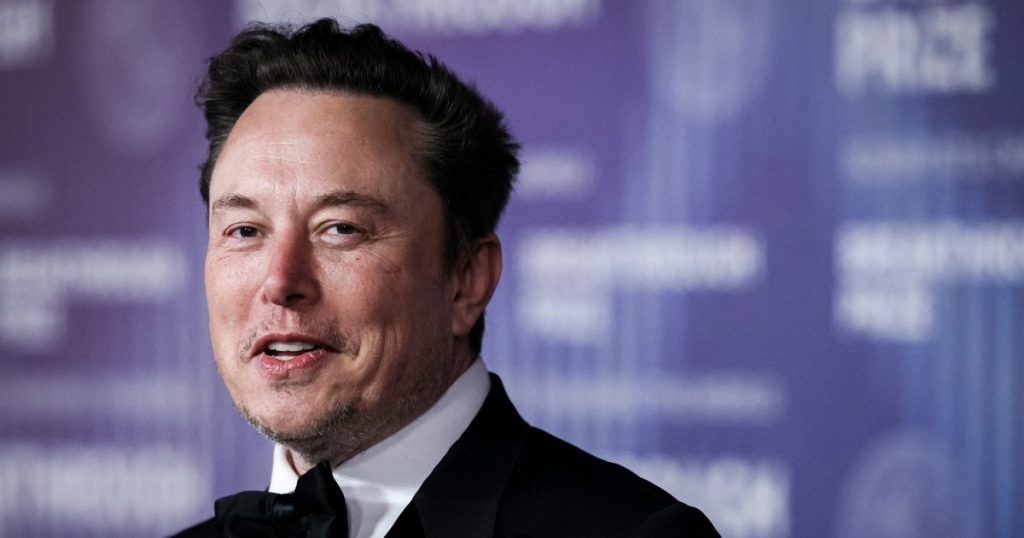Local Chinese authorities have lifted restrictions on Tesla cars following the company’s compliance with China’s data security requirements. This development occurred as Tesla CEO Elon Musk visited Beijing for a meeting with Chinese Premier Li Qiang during the city’s first major auto show in four years. Despite the popularity of Tesla’s electric vehicles in China, concerns had been raised about the data collection capabilities of the U.S.-based automaker, leading to restrictions on Tesla cars in certain government-related properties. The Biden administration had also launched an investigation into the national security risks posed by imported cars from China that could potentially collect data about the U.S. and transmit it back to China.
In addition to Tesla’s Model 3 and Model Y, other new energy vehicles from companies such as BYD, Lotus, Nezha, Li Auto, and Nio also met China’s data security requirements. These rules, released in November, apply to connected vehicles released in 2022 and 2023, with automakers voluntarily submitting their cars for inspection. The requirements test whether vehicles anonymize facial recognition data outside the car, refrain from default data collection in the cockpit, process data internally, and inform users about personal information processing. Tesla was among the first batch of automakers to meet these compliance requirements, having localizing data storage at its Shanghai data center in 2021 and passing the ISO 27001 international standard for information security following a review by third-party auditors.
Elon Musk’s visit to China raised anticipation for the potential availability of Tesla’s driver-assist software Full Self Driving in the country. However, JL Warren Capital’s CEO and Head of Research, Junheng Li, expressed skepticism about the rollout of a supervised version of FSD in China due to challenges faced by Tesla in supporting local operation of the software as a foreign entity in the country. Li highlighted that Beijing may not see a strategic value in supporting FSD’s domestic rollout when there are already high-quality local alternatives available, such as Xpeng’s driver-assist software. Despite Musk’s visit and discussions with Chinese Premier Li, it seems unlikely that Tesla’s FSD will be introduced in China in the near future.
At the Beijing auto show, Premier Li visited various companies including Xpeng and emphasized the importance of innovation and demand in driving production. Tesla did not have a presence at this year’s auto show, a trend that has continued since an incident at the Shanghai auto show in 2021 where a protester stood on one of its cars. The Beijing auto show alternates with Shanghai on an annual basis, and was not held in 2022 due to the Covid-19 pandemic. While Tesla’s absence from the auto show may have disappointed some, the company’s recent compliance with China’s data security requirements is a significant step towards addressing concerns about data collection and ensuring the continued success of Tesla vehicles in the Chinese market.


